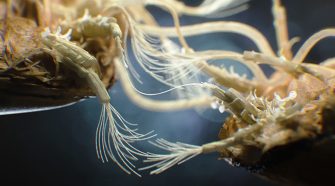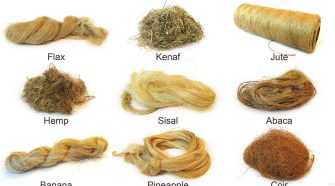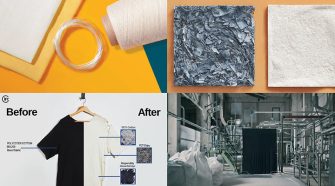Sustainability

Growing interest in cellulose fibers creates market opportunities
The challenge will be to achieve a balance between ongoing capacity expansion and rising demand The global fiber industry is facing unprecedented sustainability challenges. Issues such as a rising population, …

Automotive interiors setting the pace for vehicle design
Faced with unprecedented levels of disruption and innovation, technological advances are impacting all segments of the vehicle industry, particularly interiors. Despite ongoing setbacks due to the impact of the coronavirus …

Natural fiber composites – a practical guide for industrial utilization
Every year thousands of nonrecyclable/nondegradable composite parts end up in landfills, including gigantic parts like wind turbine blades, putting more pressure on composite manufacturers to reevaluate the sustainability of their …

Shifting the needle to Europe’s PET polyester waste
CuRe Technology (Emmen, The Netherlands) Garbo Srl (Cerano, Italy), gr3n (Chiasso, Switzerland), and PerPETual (Remscheid, Germany), are companies all involved in developing new processes for chemically recycling PET polyester for …

BASF gets down to the business of sustainable cotton
BASF’s e3 Sustainable Cotton program is designed to directly connect members of the cotton fiber value chain, from cotton farmers to brands to retailers. e3 stands for equitable, economically viable …

